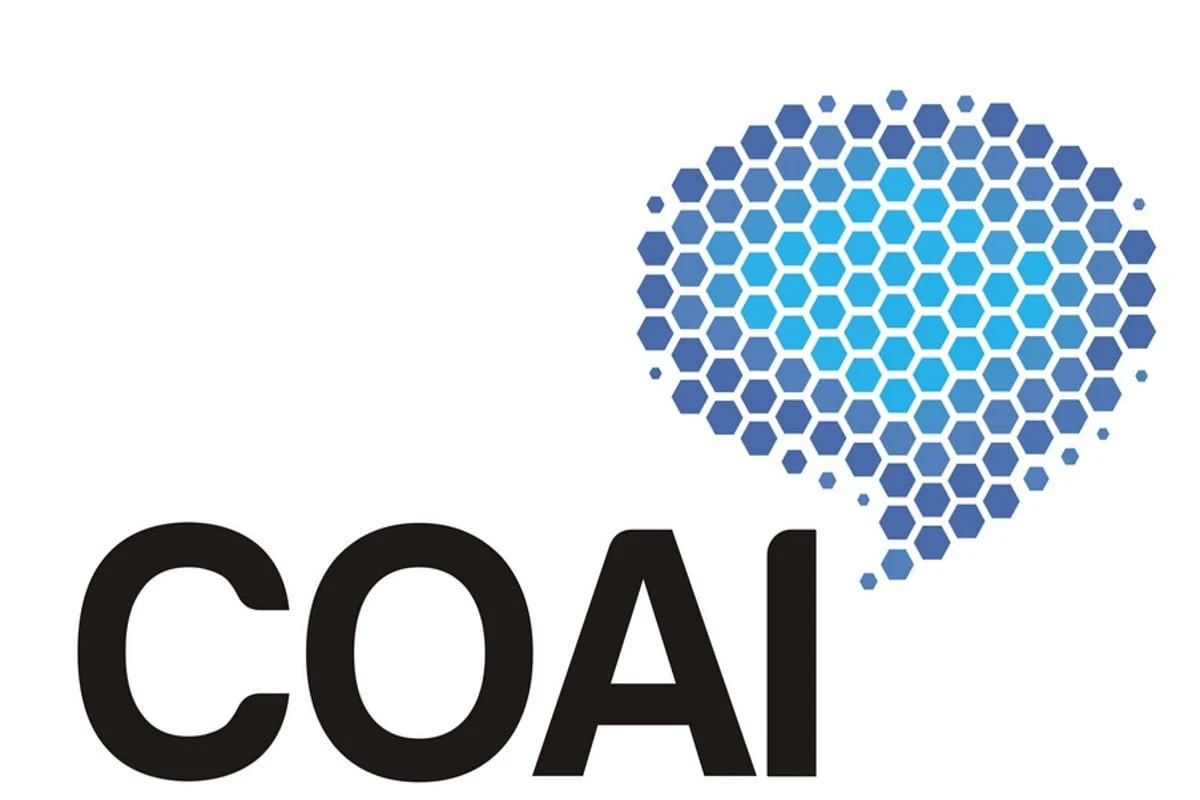
The Cellular Operators Association of India (COAI) has called out the big tech players for spreading misleading views on the legitimate demand for TSPs (Telecom service providers) seeking a usage charge from the OTT (over-the-top) players that ride on their networks. In a release, COAI said that big tech companies are propagating that revenues earned by the IPs (infrastructure providers) should be shared with the entities using it in the same proportion. COAI has called this an "outrageous suggestion".
The industry body took a simple analogy where it called the telecom networks "roadways" through which consumers travel via public transport and vehicles. In this analogy, OTT service providers are the buses. The passengers on the bus pay for the tickets to travel much like they pay to consume data for availing digital services. Vehicles also have to pay the toll tax for using roads which contributes to the maintenance and upkeeping of the roads.
COAI said, "The outrageous suggestion of roads paying to the vehicles for getting passengers on their network is unheard of. OTTs, though, are not paying anything to the TSPs presently for their network costs."
In strong words, the industry body said, "Besides cannibalising the services of the telecom operators, OTTs consume humongous bandwidth, which stresses the telcos’ networks and necessitates their continuous and speedy upgradation and development."
COAI talked about how the telcos are already overstretched because of the growing volume of fixed broadband and mobile traffic on their network. Thus, the telcos have to invest continuously in new technologies to upgrade their networks. This upgradation results in better quality services for consumers when they are on an OTT platform.
OTT Platforms Don't Have to Contribute to the Govt's Revenues and Need Not Maintain QoS
One of the points that COAI brought to the table was that the telcos had contributed around Rs 17,627 crore towards license fees and Rs 7073 crore towards SUC (spectrum usage charges) in FY22 alone. However, OTT players didn't contribute anything despite offering similar services.
COAI added, "Communication OTTs do not contribute to the exchequer in the form of taxes, levies, license fee, etc. as they are not presently regulated by the Ministry of Communications, although their services are similar to that provided by the telcos. Hence, the definition of OTT Communication services need to be clearly incorporated in the Telecommunication Act itself."
OTT Players don't need to maintain any quality of service like the TRAI (Telecom Regulatory Authority of India) mandates the telcos to do. This is another area where COAI feels a level playing field must be brought as both offer similar kinds of services. Note that COAI is talking about OTT communication applications such as WhatsApp, Telegram and more.
"OTT players are ‘free riding’ on the TSPs’ Networks while using the TSPs’ consumer base for monetizing their services and earning massive profits/benefits," said COAI.
Telcos are also investing a lot into undersea cables and infrastructure like the OTT players, which the COAI says is wrongly represented in the media by the big techs by saying that the OTT players are investing a lot more. COAI has said that startups and MSMEs in the OTT ecosystem should be exempted from paying the usage charge so that their growth doesn't stumble. But the big OTT players who ride on the networks of telcos must pay a usage charge.
COAI said, "TSPs can neither provide bandwidth boost to OTTs, nor throttle/block their services by choice to save bandwidth, owing to the conditions inscribed in their license. The telcos demand for usage charge is proposed to be uniformly applied based on actual usage of the network by the OTTs."















